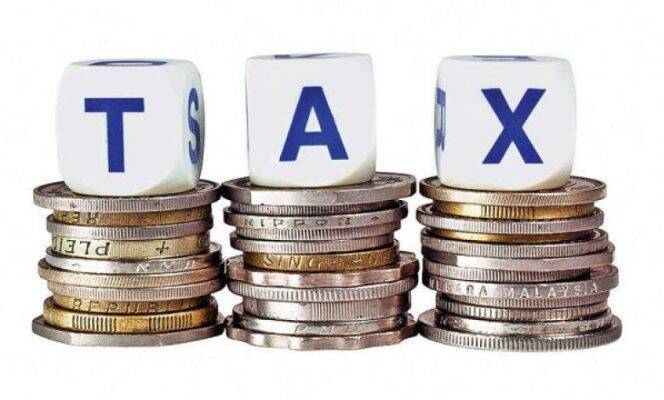Nigeria’s beer manufacturers have urged the federal government to suspend plans to introduce tax stamps on alcoholic beverages, warning that the policy could deepen inflation and disrupt ongoing economic recovery efforts.
The brewers, under the Beer Sectoral Group of the Manufacturers Association of Nigeria (MAN), said the tax stamps system would introduce new operational costs and inefficiencies at a time when manufacturers are already struggling with rising excise duties, foreign exchange volatility, and high inflation.
Abiola Laseinde, executive director of the group, described the proposal as counterproductive and unnecessary for an industry that already operates under full digital oversight.
“Industry is concerned that this proposal is coming at a time when operators are already grappling with rising excise rates, foreign exchange volatility, and high inflation—making the additional burden of implementing tax stamps a serious threat to business sustainability,” she said.
Laseinde explained that the beer industry has no record of illicit trade, adding that its products are bulky, have low resale value, and are difficult to counterfeit. She also noted that breweries already operate under strict compliance systems, with Customs officers on-site, automated counters, and auditable records.
ALSO READ
According to her, the federal government has made significant progress in digitising excise administration through local systems such as the Nigeria Customs Service’s B’Odogwu Excise Reporting System (ERS), which tracks production and tax computation in real time.
“The ERS replaces manual registers with an automated process that enhances compliance monitoring through full transparency and creates a digital audit trail that reduces leakages and inefficiency,” she said.
The group urged the government to strengthen existing systems like the Customs ERS and the FIRS e-Invoicing platform instead of introducing foreign-controlled tax stamp models that could divert capital abroad and strain local operations.
They appealed for policies that support job preservation, revenue stability, and the protection of Nigeria’s manufacturing base amid economic headwinds.
